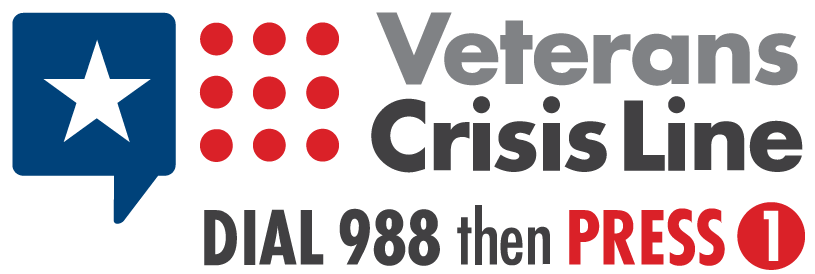Military Sexual Trauma (MST)
VA defines military sexual trauma (MST) as “psychological trauma resulting from a physical assault of a sexual nature, a battery of a sexual nature, or sexual harassment which occurred while the Veteran was serving on active duty, active duty for training, or inactive duty training” and it defines sexual harassment as “repeated, unsolicited verbal or physical contact of a sexual nature which is threatening in character.”
MST Reporting and Time Limits
These incidents are often not reported or go unreported for many years; therefore, evidence establishing the event may be limited. However, it is possible to win these claims even if the incident was not reported. There is no time limit for a Veteran to file a claim for a condition associated with MST, even years or decades later.

Free MST Treatment Available
Due to the increased awareness and advocacy by Veterans, VA now provides expanded and free medical care for MST survivors. That means that even while your VA claim is pending, you may be able to receive free care from VA for a condition associated with MST. Veterans may be eligible for free MST-related care even if they are not eligible for other VA services, and service connection (VA disability compensation) is not required.
No documentation of MST experiences is required to obtain free VA care. In addition, every VA healthcare system has an MST Coordinator who serves as a contact person for MST-related issues at the facility and can help Veterans access relevant VA services and programs. For more information about VA’s MST services, click here.
If you’ve received an unfavorable decision from VA, Bergmann & Moore may be able to help.
Click the Start Now button below to receive a Free Consultation.

One of the largest law firms in the country practicing solely in the area of Veterans’ benefits. Managed by former VA attorneys. We know the journey and can get you through.
Disclaimer: The information contained on this website is not legal advice. Using the information provided on this website or contacting Bergmann & Moore, LLC does not establish an attorney-client relationship. [Privacy Policy]


